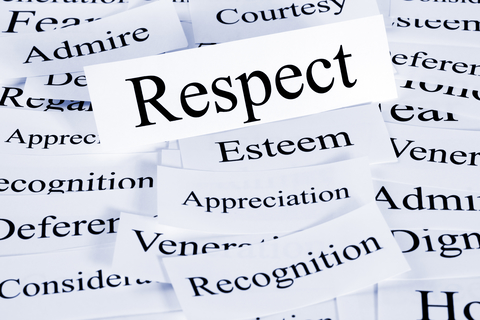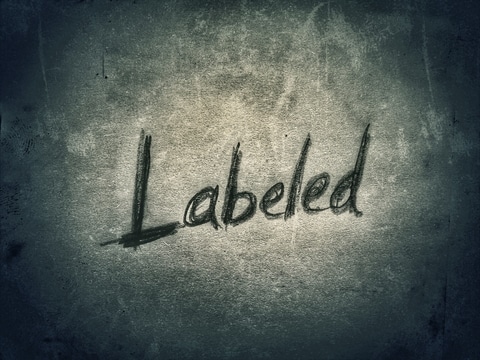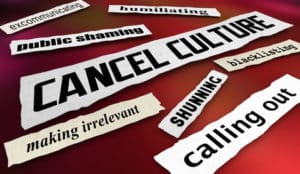
A conceptual look at respect, esteem, appreciation, recognition.
There can be respect without like. However, there can never be like without respect. Put simpler, a person doesn’t have to like you to respect you, but they do have to respect you to like you.
Respect and like are different in that like is simply based on commonalities and good feelings shared between people. When someone likes you, they enjoy your company and the positivity you bring to their life.
Respect, on the other hand, is regard for another person’s safety, space, freedom, privacy, property, and individuality. When someone respects you, they may not necessarily like you, but see you as having the same rights and considerations as they and everyone else. That’s perfectly okay because not everybody is alike and shares the same beliefs, feelings, ideas, or backgrounds. Like is subjective.

Judgemental girls tauting fellow student
Put another way, someone may dislike you, but if you were lying badly injured on the sidewalk, they would more than likely stop and help you, even stay beside you and hold your hand until the ambulance arrived.
On the other hand, when a person does not respect you, they have no regard for your safety, space, freedom, privacy, property, or individuality. They don’t see you as having the same human rights and considerations as they and everyone else.
That person will think it’s perfectly okay to violate you because, in their mind, you somehow deserve to be violated. They will also be much less likely to stop and help you if they see you lying injured on the sidewalk because they most likely wouldn’t care if you ever got to a hospital.

They would simply act like they didn’t see you lying there, or worse, step over you with a look of contempt and keep going.
Someone can dislike you and at the same time, respect your right not to have your boundaries crossed. When they disrespect you, they won’t acknowledge your personal boundaries and are likely to trample your dignity and human rights. In their mind, you either don’t or shouldn’t have the same human rights or dignity as them and everyone else. The person will more than likely wish you harm or ill will and probably dread breathing the same air as you.
Signs of Disrespect
1. Lack of regard for the person’s freedom – this could include, belittling their opinions and ideas, taking away their freedom to speak by talking over them when they are speaking, getting angry with them if they would rather spend time with family than with you or the group.
2. Lack of regard for the person’s safety – you bully them or put them in danger of being physically hurt. You can’t stand the fact that the person even exists.

Signs of Dislike
1. Nothing in common with the person. You wish them well, but you’d prefer not to be around them. You have no problem coexisting.
If you are a victim of bullying, you must be able to distinguish between the two and take the appropriate steps to take care of yourself.
Disrespect is mush worse than dislike. Dislike is a part of life and much easier to deal with. Disrespect, on the other hand, is harmful. The people who dislike you won’t necessarily try to hurt you but will act neutral around you. They might even greet you and say a few words to you just to be polite, but won’t buddy up to you.
The people who disrespect you will have absolutely nothing to say to you, or they will verbally abuse you, shame you, humiliate you, try to sabotage you, or physically assault you.
With knowledge comes empowerment!





